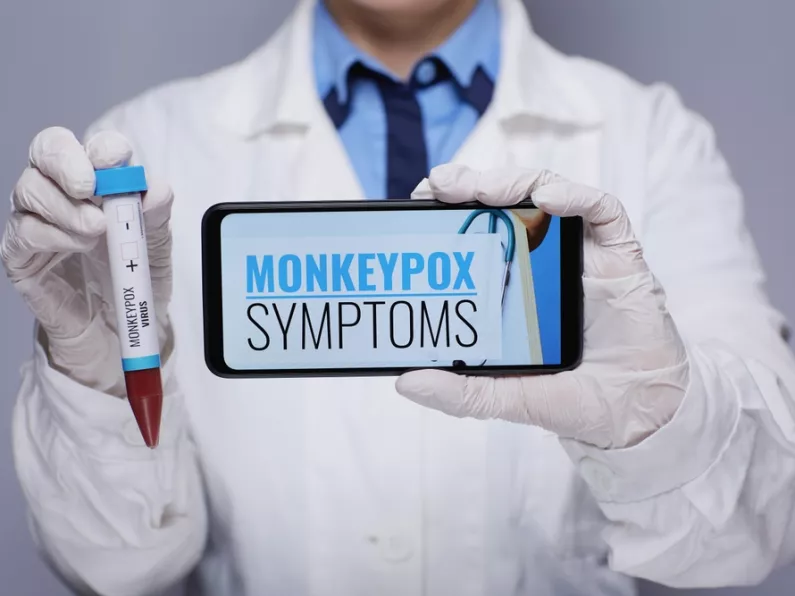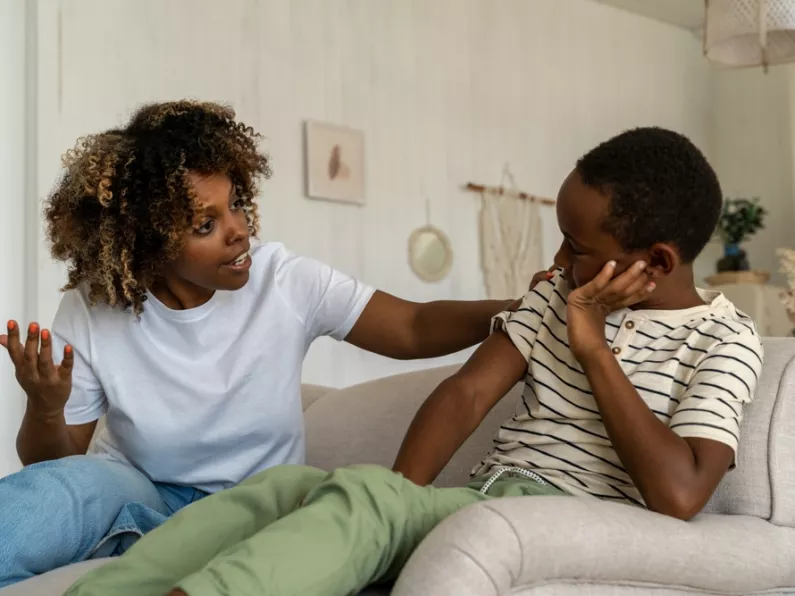Monkeypox is a rare disease that is similar to smallpox and can be transmitted by contact and droplet exposure.
However, the World Health Organisation (WHO) has reported that the current outbreak is spreading primarily through sexual contact.
10 things you should know about monkeypox
Here are 10 things you should know about monkeypox:
- Human to human transmission of monkeypox occurs by contact and droplet exposure via exhaled large droplets
- The incubation period of monkeypox is usually from 6 to 13 days, but can range from 5 to 21 days
- Symptoms can be mild or severe, and associated with skin rash that can be very itchy or painful. Severe disease may be fatal
- The disease is often self-limiting with symptoms usually resolving spontaneously within 14 to 21 days
- Symptoms include fever, chills, intense headaches, exhaustion, backache, muscle ache, swollen lymph nodes, and rash
- Children are at higher risk, and monkeypox during pregnancy may lead to complications, congenital monkeypox or stillbirth
- The virus is normally found in animals but the disease may be transmitted from animals to humans, usually through bites or scratches or consumption of bush meat
- Milder cases of monkeypox may go undetected and represent a risk of person-to-person transmission
- Persons must report to the health department if fever and rash occurs following recent international travel or close contact with persons who travelled within the preceding three weeks
- Healthcare workers are to have a heightened sense of awareness of this illness and report suspected cases to the health department.
What is the treatment for people with monkeypox?
People with monkeypox should follow the advice of their health care provider.
Symptoms normally resolve on their own without the need for treatment.
If needed, medication for pain (analgesics) and fever (antipyretics) can be used to relieve some symptoms.
Additionally:
- Persons must stay hydrated, eat well, and get enough sleep.
- Persons who are self-isolating should take care of their mental health by doing things they find relaxing and enjoyable, staying connected to loved ones using technology, exercising if they feel well enough and can do so while isolating, and asking for support with their mental health if they need it.
- Persons with monkeypox should avoid scratching their skin and take care of their rash by cleaning their hands before and after touching lesions and keeping skin dry and uncovered (unless they are unavoidably in a room with someone else, in which case they should cover it with clothing or a bandage until they are able to isolate again).
- Persons should keep their rashes clean with sterilised water or antiseptic. Saltwater rinses can be used for lesions in the mouth, and warm baths with baking soda and Epsom salts can help with lesions on the body. Lidocaine can be applied to oral and perianal lesions to relieve pain.







